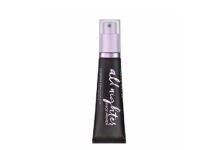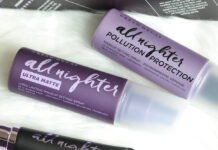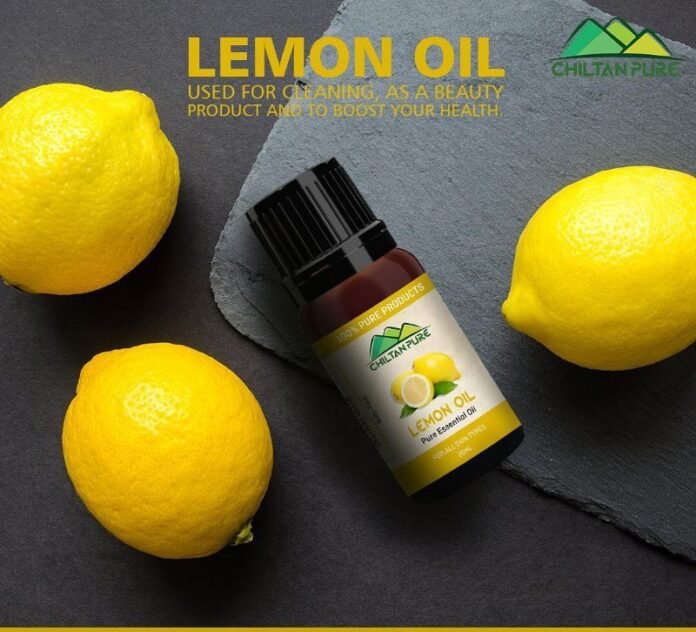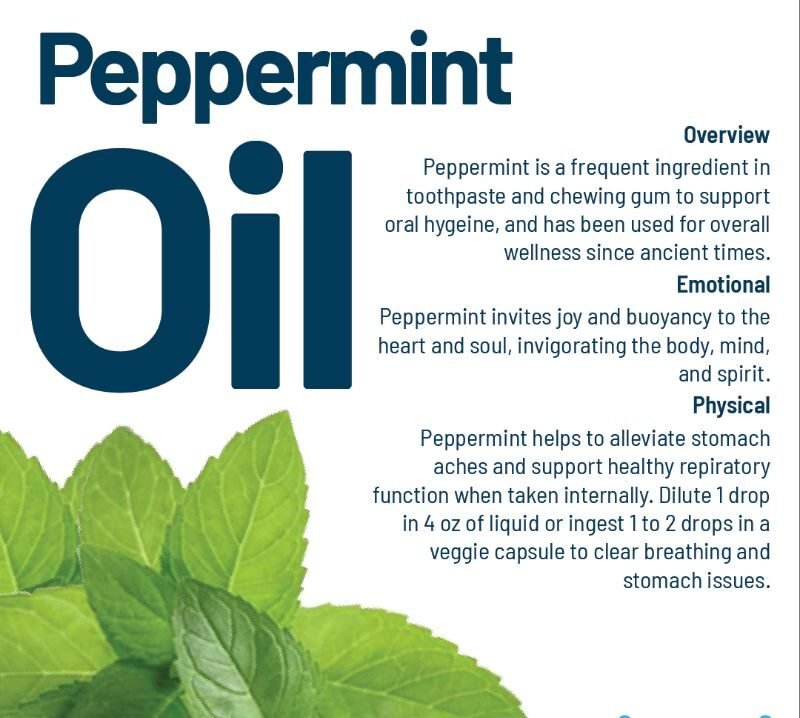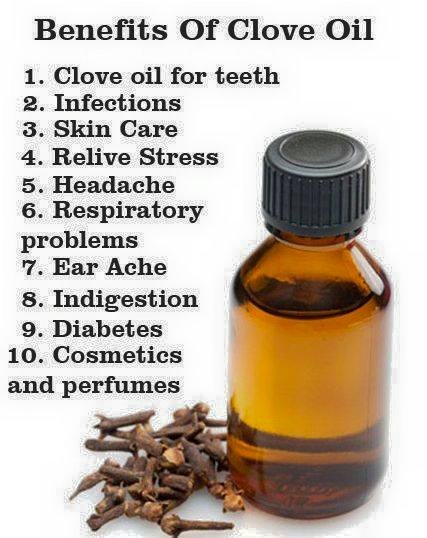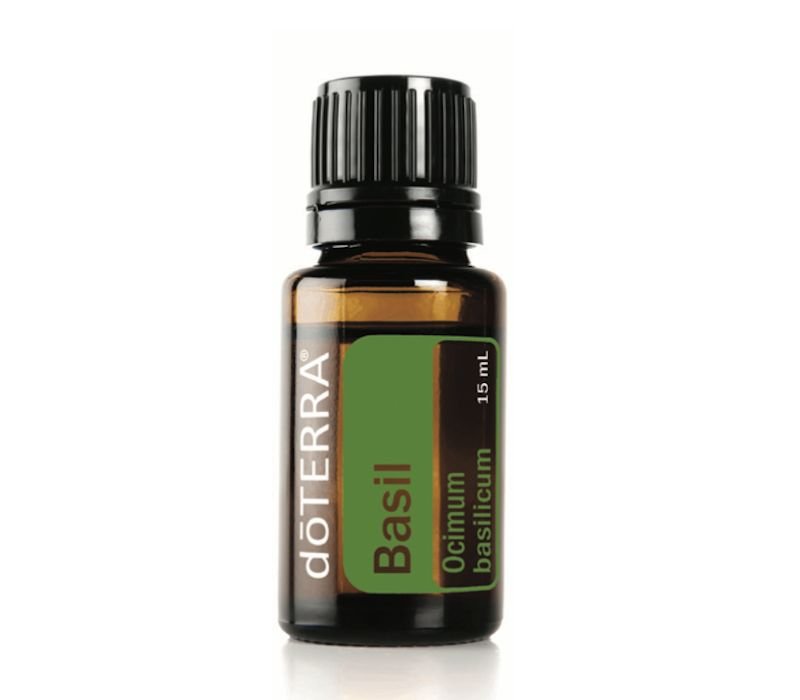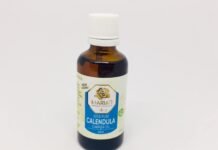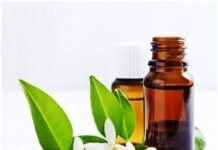Too many of us dread the sniffling and sneezing that accompanies spring. Too many of us are hesitant to enter the house of a friend who owns a pet. Should I even mention dust and mold?
Getting on a plane is pretty much out of the question for those of us who suffer more serious reactions.
These are the challenges that respiratory allergies thrust in our faces (and up our noses!).
The Asthma and Allergy Foundation of America estimates that 50 million American adults and children suffer from nasal allergies alone, and this number is consistently increasing.
For someone with an allergy, be it mild or massive, their condition closes many doors in their everyday life. Opportunities that must be turned down, places that can’t be visited – allergies can be a real deal-breaker.
We know the symptoms: inflammation of the sinus and throat, headaches, shortness of breath…
We could keep talking about what allergies do to us, however, it’s way more beneficial to us all if we talk about what we can do to help them – and prevent them!
Enter essential oils.
These liquids are the extracted ‘essence’ of plants, leaves and seeds. They’re the chemicals which give a plant its distinctive smell.
We know, it sounds great to go out on a sunny day and sniff the flowers and bathe in the sun. But what about those of us who are allergic to pollen, or bees, or the sun itself? It sounds a bit counter-intuitive for those of us with allergies, right? What if we told you that the very flowers that you may be hiding from, might just be the ones whose smells can help you?
They have earned their status as remedial substances. The use of essential oils can be traced through history: Rome’s baths, medieval monasteries and healing houses during the Black Plague employed them. Indeed, the modern times have helped us understand the ailments they treat.
But we’ve known for centuries how to use essential oils to heal them!
There is a staggering number of essential oils out there.
They come under different names, they’re sold in different quantities (and prices!) and they’re marketed differently.
I recommend essential oils for allergies DoTERRA. It’s a wonderful brand that specialises in essential oils. Also check out young living essential oils for allergies.
We first need to get our heads around the different ways that we can use them to treat allergies.
Does it come as a surprise that the main way they’re employed is connected to our nostrils? It shouldn’t be, seeing as our nose is part of the problem!
Inhaling the oil’s aroma through steam or by direct application under the nostrils is the quickest, easiest and the most effective method of using essential oils to relieve your allergies.
But did you know that you can rub them on your skin, add them in your baths and even sometimes ingest them?
If you’re wondering what essential oils are good for allergies, then I’m pleased to tell you we’ve got a list which will help give you a good understanding of which oil to use for each symptom.
Here’s our rundown of the top ten essential oils for allergies and sinus:
Eucalyptus Oil

The first essential oil for allergies that we recommend is Eucalyptus oil. Inhaling the steam of eucalyptus oil will quickly open the sinuses and grant relief to upper respiratory complaints like coughing and throat inflammation. This is one of the most ‘friendly’ oils as it often brings more benefit to the effects of another essential oil.
The oils in the leaves of this tree are almost always the active ingredient in the commercial ‘vapor rub’ or ‘cool’ creams.
If you melt some beeswax, stir in some of the oil and let it set in a pot, voila, you’ve got your own cream. Put some on your chest before going to bed and you won’t wake up sneezing like you did the last night. To treat the occasional muscle inflammation which comes with allergic reactions, all you need to do is rub it into the skin.
Peppermint Oil
If you’ve been visited by the phlegm monster, this is the answer. Peppermint oil’s a powerful anti-inflammatory, due to its high menthol content and like eucalyptus oil, it can be made into a skin lotion.
Peppermint oil has something else going for it. Unlike eucalyptus oil, which is toxic if ingested, you can put a few drops into some water and it’ll help with indigestion.
DoTERRA has an amazing peppermint extract oil that is highly recommend.
Tea Tree Oil
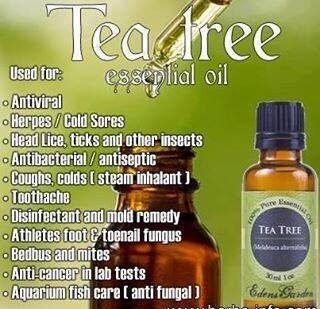
The third essential oil for allergies is tea tree oil. Tea tree oil has a variety of applications. It has a reputation as a natural antibiotic. Just don’t ingest it! Known for its antihistamine effects, inhalation will treat bronchitis and clear up airways quickly. Dab a bit on your pillow at night if you’re feeling a little off colour as tea tree oil is a strong immune booster.
If you are prone to skin irritation, treat this one with caution. Go for diluted tea tree oil and you won’t have too much to worry about. You may even want to put a tiny bit on the back of your hand and see how it reacts, then proceed accordingly.
Lemon Oil
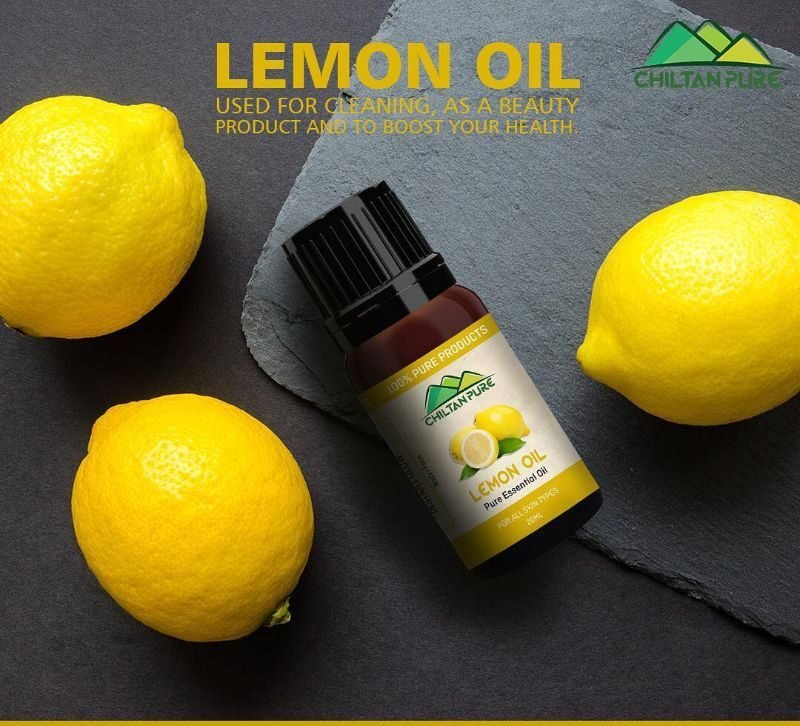
This oil is extracted from the rinds of… you guessed it… a lemon! It’s one of the most common and inexpensive essential oils out there.
This is a great essential oil for allergies and asthma. Regular inhalation of lemon oil steam will help keep asthma under control. The same is to be said regarding any chronic allergy-related respiratory problems.
If you put it in a diffuser with peppermint oil, you’ve got a seriously good mixture which will have you set for the day. Mix it in with some ginger and hot water and enjoy the taste while it works with your immune system. It shouldn’t be difficult to get your hands on an essential oils for allergies diffuser.
Lemongrass Oil
This is listed straight after lemon oil because there are a few distinctions to be made between the two.
Lemongrass oil is mostly used on the skin. It’s a lot stronger than many of the oils listed here, so the general recommendation is to dilute it before use. It will effectively soothe headaches and muscle inflammation. Inhale a little bit and you’ll help your body relax if it’s in a bit of frenzy trying to deal with your allergies.
If you’re looking for this product, check out Youngs essential oils for allergies.
Lavender Oil
The sixth essential oil for allergies that helps countless people is lavender oil. This is another essential oil which is great if used on the skin. If you are breaking out in hives, put it on the irritated area. Sometimes you may find it sold in the form of little tissue-like wipes which you can use straight away if you find your skin playing up. Lavender’s calming properties also make it a versatile and helpful natural remedy. Diffuse some oil around the house and you’ll remain protected from whatever allergies come your way.
Google “essential oils for allergies young living” for a trustworthy brand we highly recommend.
Frankincense Oil
There’s a reason that this one has a place in the Bible. It’s a brilliant all-rounder.
Inhale it for quick relief from coughing (this is another phlegm-fighter), sinus blockage and throat inflammation. Apply it on your skin to treat hives and rashes. It’s got digestive benefits when ingested, so this is a winner if you have food allergies.
Clove Oil
If you’ve ever had mulled wine or a Bengali curry, you’ll recognize this one by its smell immediately. Now imagine what it must be like to inhale its vapor! Use it with equal parts eucalyptus oil to relieve respiratory problems. When inhaled, it will help relieve pain caused by sinus headaches. It can also be applied to the temples for further pain management.
Basil Oil
Add a bit of this oil into any of your favorite meals and soak up its benefits! It will act just like any other anti-inflammatory medication does and soothe pain around your body. It’s also a natural antibiotic which is especially useful if you’ve developed an infection due to your immune system’s weakened state when having allergic reactions. This is a great essential oil for seasonal allergies.
Coconut Oil

The last essential oil for allergies is coconut oil. Coconut oil is the go-to oil if you have sinus problems. As this one is edible, you will have not only experience a wide range of benefits but also you’ll also have many ways of using it. Put a small amount in your favorite hot drink and it will boost your immune system. This one can’t be diffused or vaporised but if you rub some directly in your nostrils it will have the same effect as the other oils on this list.
There we have it, our top ten best essential oils for allergies!
You can buy products which have been pre-made from a mixture of any of the above list. These are all readily available in different forms such as pre-made sprays made from mixtures of oils, diffusion candles and skin balms.
You’ll notice that some of the essential oils in this list share the same effects and do the same thing.
This isn’t a bad thing at all! It’s a testament to the benefits of essential oils and a demonstration of the range of remedies that exist to relieve allergies.
That’s our list! Do you know of any more of the best essential oils for allergies? What are some helpful tips for using any of our top ten?
A word of caution:
Peppermint oil and tea tree oil may cause an allergic reaction themselves. This is extremely rare and when used correctly they will not be dangerous. If you feel any major allergic reaction such as difficulty breathing and tightness in the throat, contact emergency services straight away.



